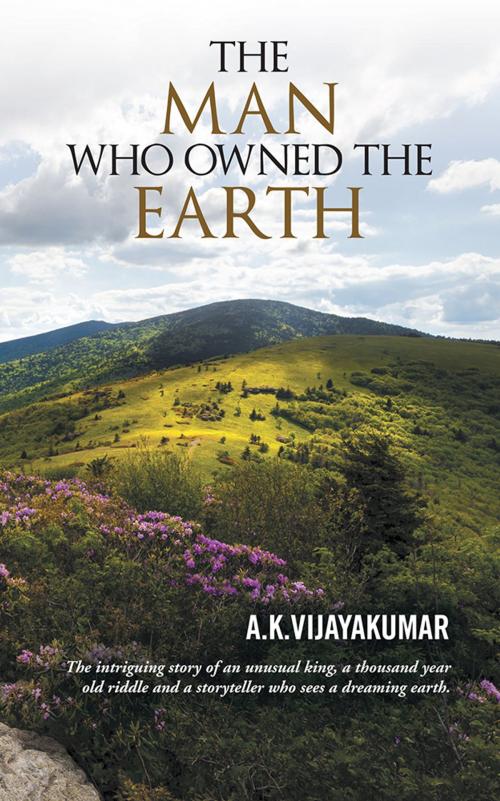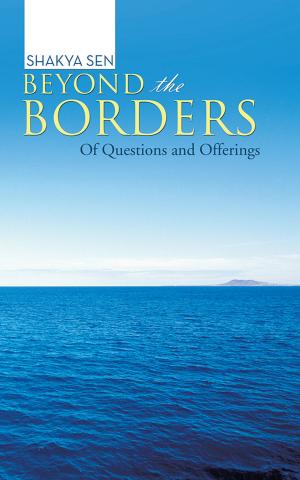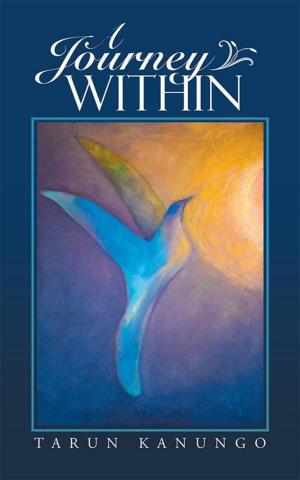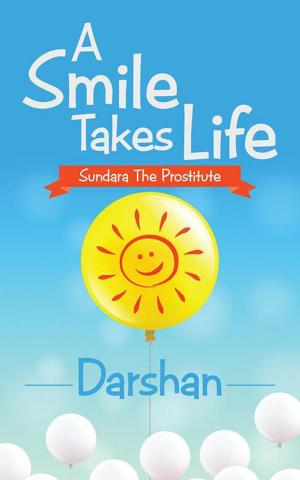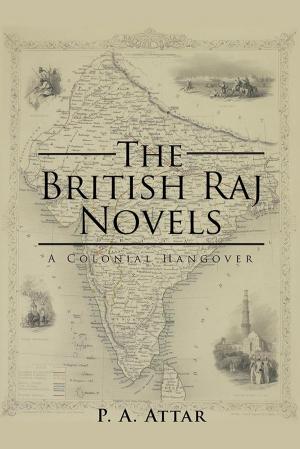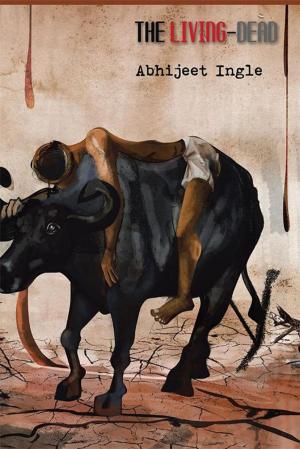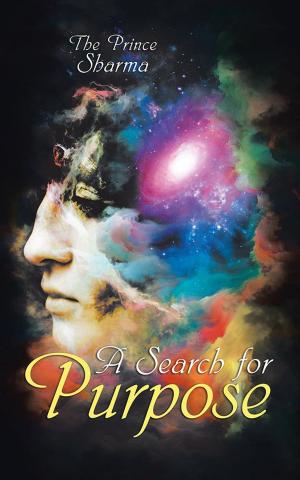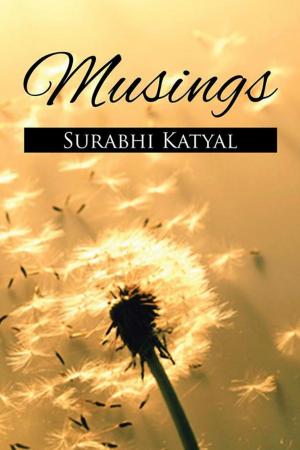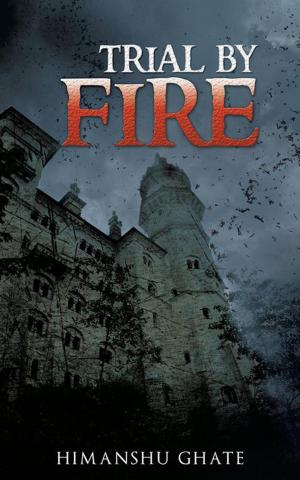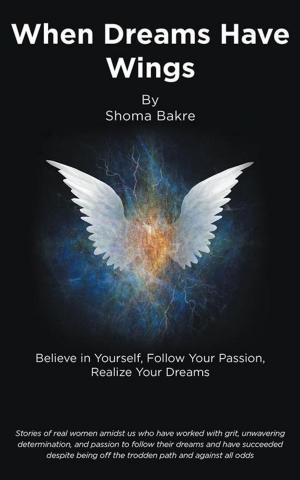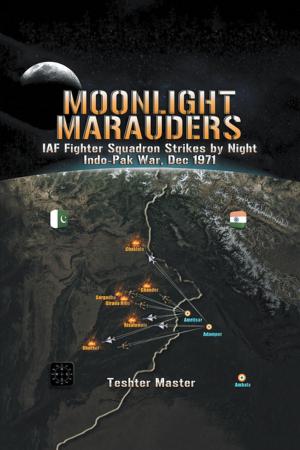| Author: | A.K.Vijayakumar | ISBN: | 9781482810905 |
| Publisher: | Partridge Publishing India | Publication: | August 22, 2013 |
| Imprint: | Partridge Publishing India | Language: | English |
| Author: | A.K.Vijayakumar |
| ISBN: | 9781482810905 |
| Publisher: | Partridge Publishing India |
| Publication: | August 22, 2013 |
| Imprint: | Partridge Publishing India |
| Language: | English |
"The Man who owned the Earth" uses three very different sets of characters. The two academics with which the story opens soon yields the stage to the persona of a mysterious storyteller, before it finally widens its perspective into the vision of an ancient kingdom under an unusual ruler. Likewise, the story flits from the timeframe of the present into a thousand year old past. Through the conflation of contrasting characters and eras, it attains depth and perspective. The central character of the story is king Ram Pal of Vithalla. A Buddha like figure, he is a complex personage who is obliged to alternate between conflicting roles - that of a scholar and a king who is alive to his responsibilities to deliver his people from a poverty ridden serfdom. A second strand to the story is the unravelling of the riddle with which the story opens. As the story develops, we see how the unusual character of the king is responsible for its unexpected explanation.
"The Man who owned the Earth" uses three very different sets of characters. The two academics with which the story opens soon yields the stage to the persona of a mysterious storyteller, before it finally widens its perspective into the vision of an ancient kingdom under an unusual ruler. Likewise, the story flits from the timeframe of the present into a thousand year old past. Through the conflation of contrasting characters and eras, it attains depth and perspective. The central character of the story is king Ram Pal of Vithalla. A Buddha like figure, he is a complex personage who is obliged to alternate between conflicting roles - that of a scholar and a king who is alive to his responsibilities to deliver his people from a poverty ridden serfdom. A second strand to the story is the unravelling of the riddle with which the story opens. As the story develops, we see how the unusual character of the king is responsible for its unexpected explanation.
